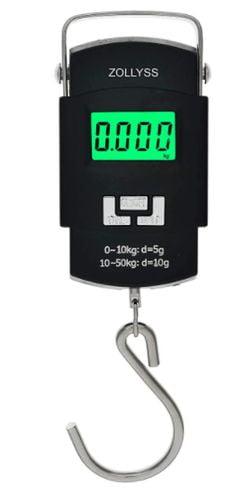WEIGHING SCALE (COST: RS.450/PIECE)
₹450.0
Weighing scale 10-50kg capacity
AA battery operated
Used to weigh input waste and output compost
Color may vary slightly
Affordable Weighing Scale:
Embracing eco-friendly products transforms waste into wealth, fostering sustainability and mitigating environmental impact. Innovative initiatives champion the conversion of discarded materials into valuable resources, paving the way for a circular economy.
To commence this virtuous cycle, recycling emerges as a key player. Plastics, paper, and metals, once destined for landfills, undergo a metamorphosis. These materials are reimagined, reincarnated into new products, reducing the demand for virgin resources and curbing pollution.
Biodegradable alternatives further revolutionize our consumption patterns. Products derived from natural materials seamlessly integrate into the ecosystem, leaving minimal traces. This shift not only reduces the burden on landfill sites but also curtails the persistence of harmful substances in the environment.
In the realm of waste-to-wealth, upcycling emerges as a creative force. Discarded items find a second life, elevated into functional and aesthetically pleasing artifacts. From repurposed furniture to fashionable accessories, upcycling not only minimizes waste but also showcases the beauty of sustainable design.
In the business landscape, companies increasingly adopt a cradle-to-cradle approach. This entails designing products with their end-of-life in mind, ensuring that materials can be easily disassembled and reused. Such practices not only enhance resource efficiency but also cultivate a mindset of responsibility within the industry.
Affordable Weighing Scale: The waste-to-wealth paradigm extends beyond tangible goods to energy production. Biomass, a byproduct of organic waste, becomes a valuable energy source through anaerobic digestion or incineration, contributing to the renewable energy matrix.
In conclusion, the transition to eco-friendly products and the waste-to-wealth philosophy signifies a revolutionary stride towards a sustainable future. By reimagining waste as a valuable resource, society not only mitigates environmental harm but also forges a path toward a regenerative and harmonious relationship with the planet.
You must be logged in to post a review.
Q & A
Using waste materials as inputs can help conserve natural resources. By repurposing materials that would otherwise be discarded, these products contribute to a more circular economy.
General Inquiries
There are no inquiries yet.



Reviews
There are no reviews yet.